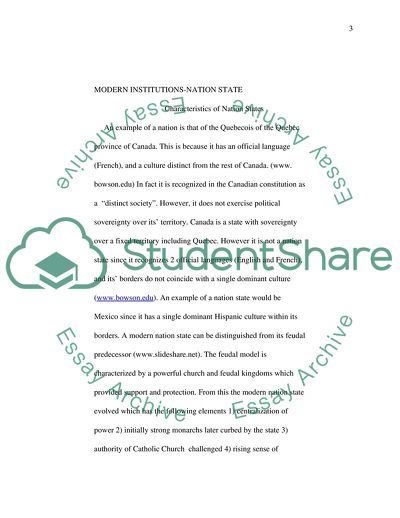Cite this document
(Characteristics of Nation States Essay Example | Topics and Well Written Essays - 1500 words, n.d.)
Characteristics of Nation States Essay Example | Topics and Well Written Essays - 1500 words. https://studentshare.org/sociology/1760903-modern-institutions-nation-states
Characteristics of Nation States Essay Example | Topics and Well Written Essays - 1500 words. https://studentshare.org/sociology/1760903-modern-institutions-nation-states
(Characteristics of Nation States Essay Example | Topics and Well Written Essays - 1500 Words)
Characteristics of Nation States Essay Example | Topics and Well Written Essays - 1500 Words. https://studentshare.org/sociology/1760903-modern-institutions-nation-states.
Characteristics of Nation States Essay Example | Topics and Well Written Essays - 1500 Words. https://studentshare.org/sociology/1760903-modern-institutions-nation-states.
“Characteristics of Nation States Essay Example | Topics and Well Written Essays - 1500 Words”. https://studentshare.org/sociology/1760903-modern-institutions-nation-states.


